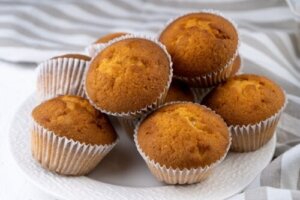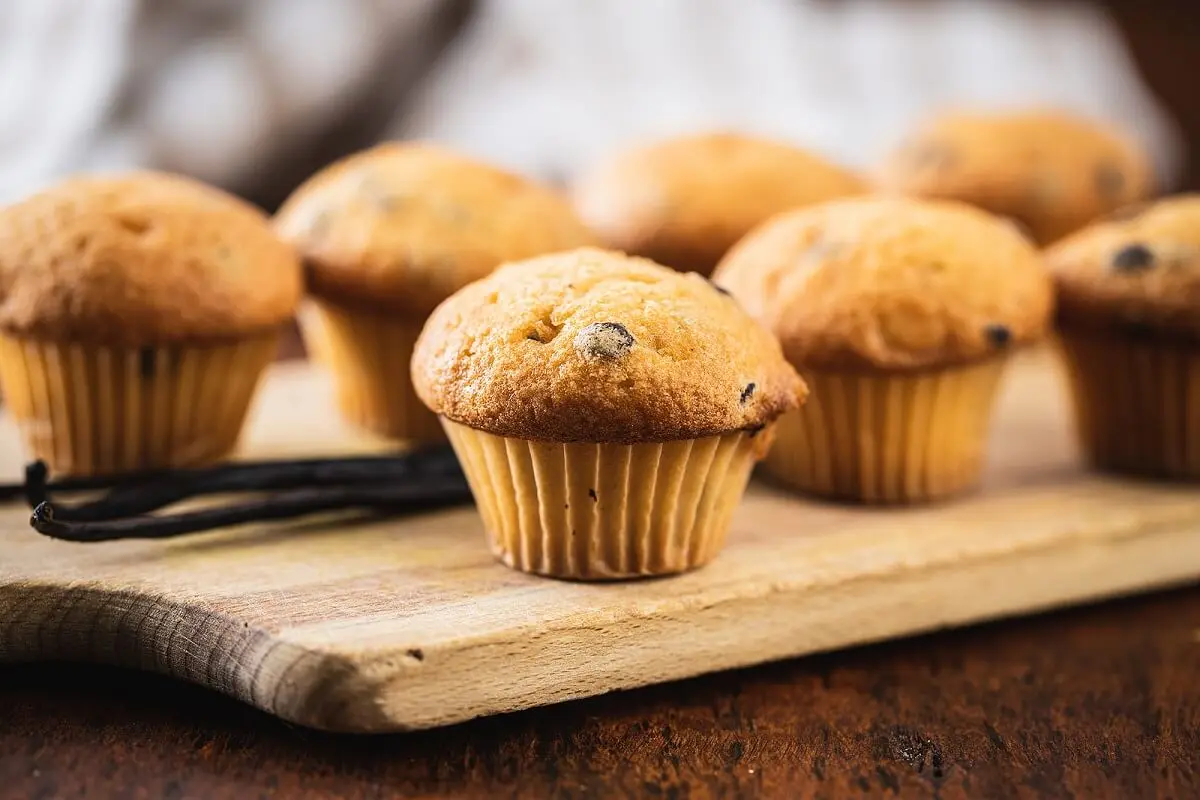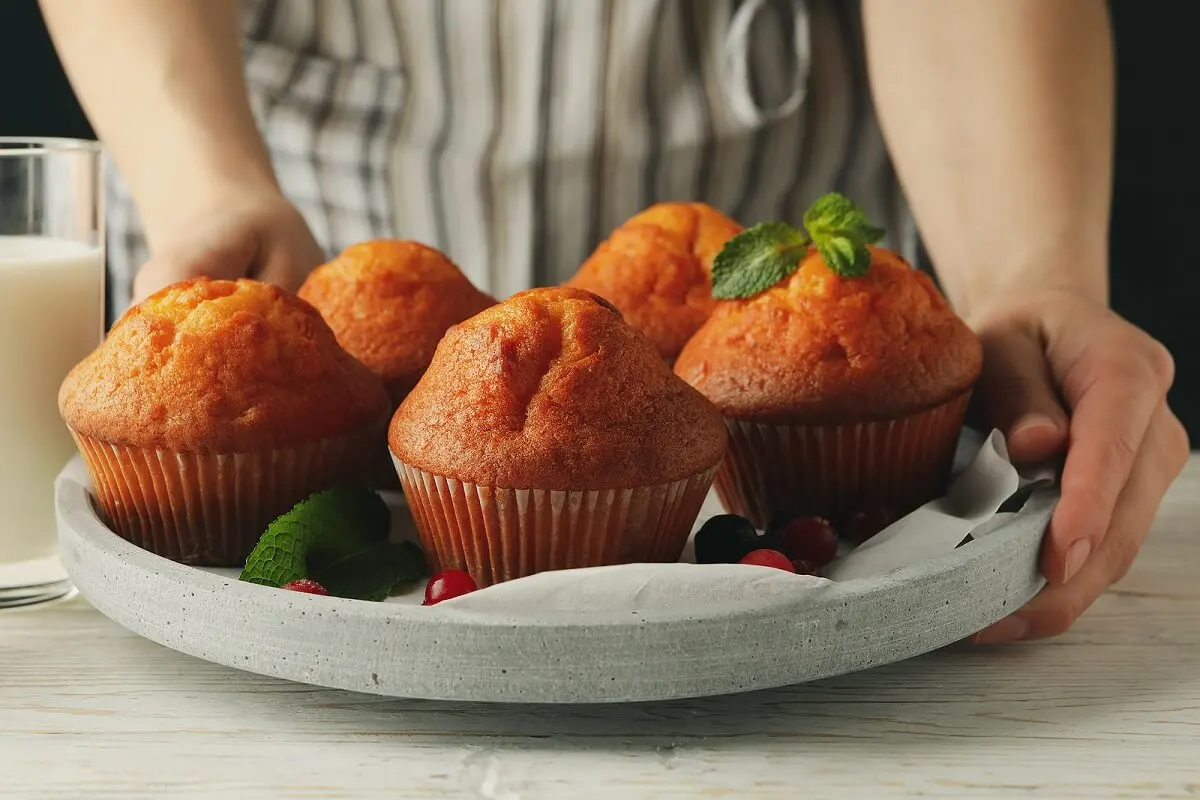Traditional Valencian Muffins Recipe


Written and verified by the nutritionist Saúl Sánchez Arias
Preparing real Valencian muffins is quite simple. With few ingredients and in a short time you’ll obtain an ideal sweet to accompany breakfasts or snacks. They’re even a good option to share with guests during special celebrations or family gatherings.
Of course, you must be careful how many you eat, as they contain flour, sugar and fat, which, in excess, can affect metabolic health. However, included in the framework of a healthy and varied diet, they can be enjoyed without feeling guilty.
How to prepare Valencian muffins
The typical recipe for Valencian muffins is easy to prepare and doesn’t require much time. However, there are several versions of this recipe. Here’s the traditional one.

Find out more: 5 Nutritional Benefits of Coconut Flour
Considerations regarding Valencian muffins
Valencian muffins are really tasty, but we must bear in mind that it’s high in simple sugars.
This ingredient has been shown to increase the risk of developing certain chronic pathologies when consumed in excess. Therefore, it should be included in the diet in moderation.
However, it’s also true that this ingredient can be replaced by artificial sweeteners. In this case, the energy value of the final result is reduced and also the subsequent insulin release. However, all that glitters isn’t gold.
Most sweeteners are fermented inside the digestive tract, which causes changes in the configuration of the microbiota. This is evidenced by research published in Nutrients.
When using this type of additive, it’s best to opt for stevia, which is considered a natural sweetener. There’s evidence to suggest that this ingredient has less impact on the microorganisms that live in the digestive tube, which makes it one of the safest. However, it isn’t advisable to use it in excess.

You may also be interested in: Portuguese Belem Cakes: A Delicious Dessert
Prepare Valencian muffins at home in a simple way
Valencian muffins are a typical sweet that people usually eat with herbal teas, tea, or coffee. They are very tasty and both adults and children love them. Even so, excessive intake should be avoided so as not to go over the top with calories.
Likewise, it’s best to prepare them at home to ensure the quality of the ingredients used. Industrial versions usually introduce low-quality fats, large amounts of sugars, and other additives that are harmful to health.
All cited sources were thoroughly reviewed by our team to ensure their quality, reliability, currency, and validity. The bibliography of this article was considered reliable and of academic or scientific accuracy.
- Freeman, C. R., Zehra, A., Ramirez, V., Wiers, C. E., Volkow, N. D., & Wang, G. J. (2018). Impact of sugar on the body, brain, and behavior. Frontiers in bioscience (Landmark edition), 23(12), 2255–2266. https://doi.org/10.2741/4704
- Plaza-Diaz, J., Pastor-Villaescusa, B., Rueda-Robles, A., Abadia-Molina, F., & Ruiz-Ojeda, F. J. (2020). Plausible Biological Interactions of Low- and Non-Calorie Sweeteners with the Intestinal Microbiota: An Update of Recent Studies. Nutrients, 12(4), 1153. https://doi.org/10.3390/nu12041153
- Ruiz-Ojeda, F. J., Plaza-Díaz, J., Sáez-Lara, M. J., & Gil, A. (2019). Effects of Sweeteners on the Gut Microbiota: A Review of Experimental Studies and Clinical Trials. Advances in nutrition (Bethesda, Md.), 10(suppl_1), S31–S48. https://doi.org/10.1093/advances/nmy037
This text is provided for informational purposes only and does not replace consultation with a professional. If in doubt, consult your specialist.








